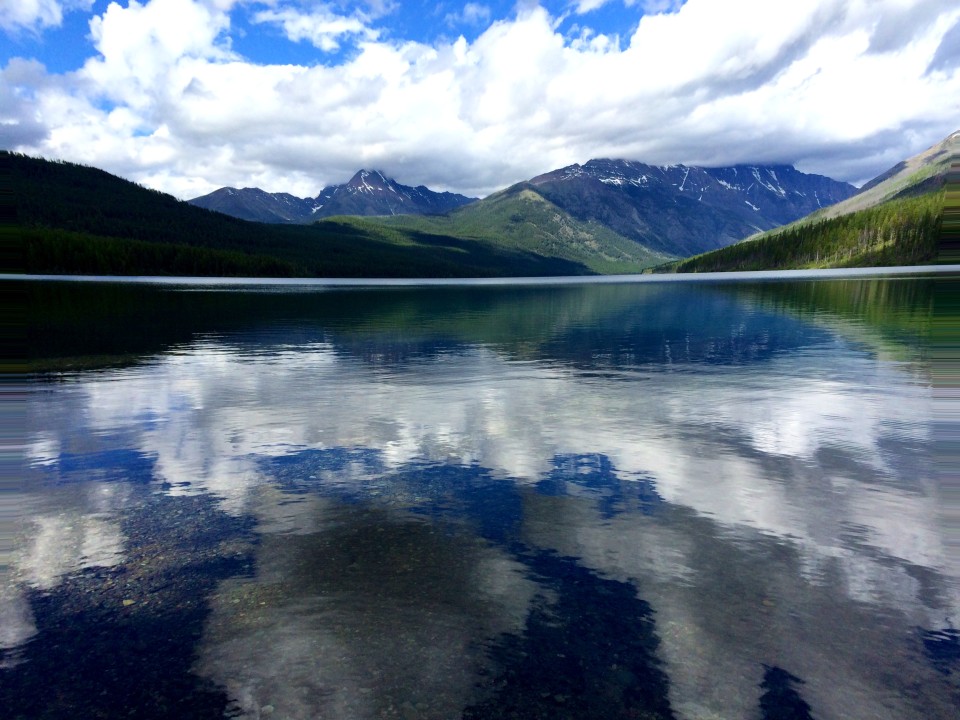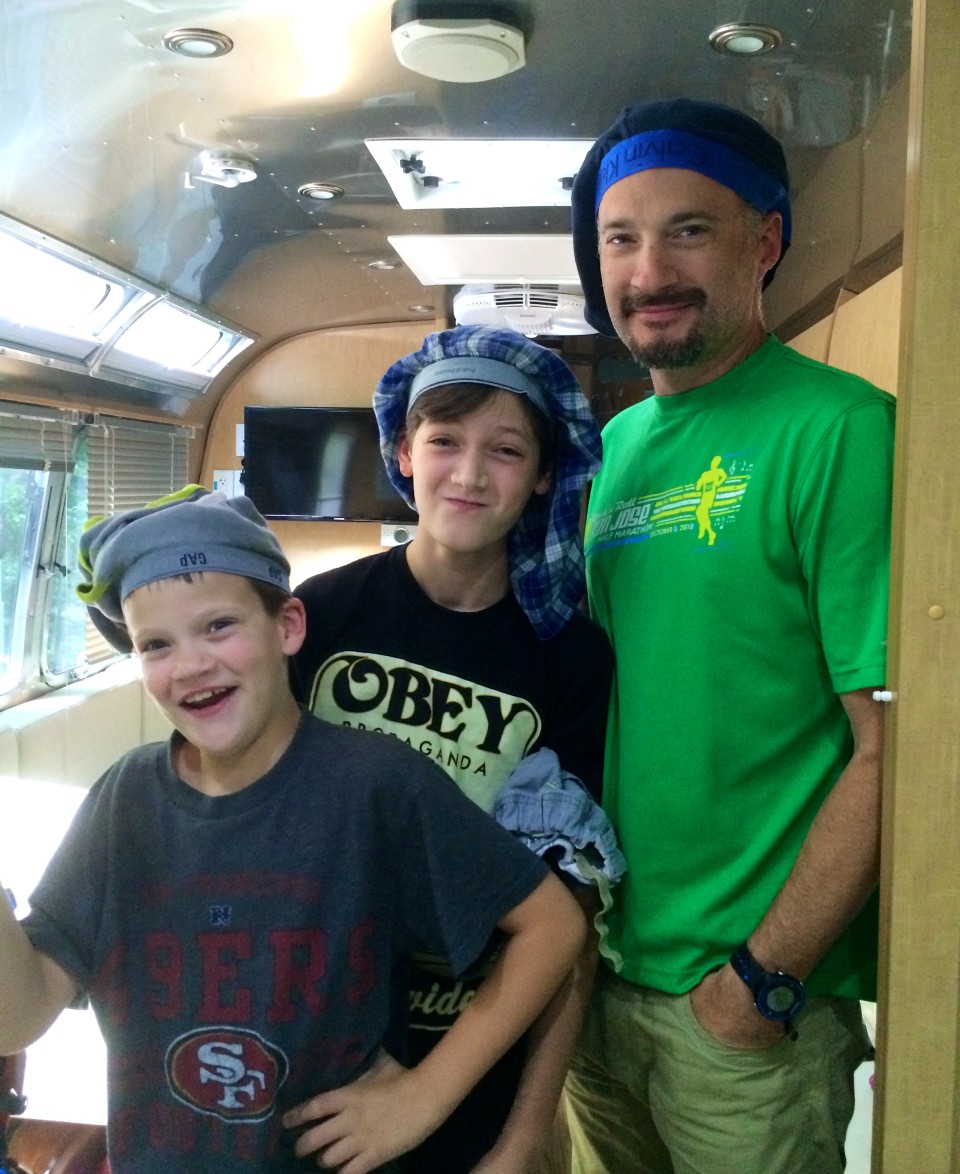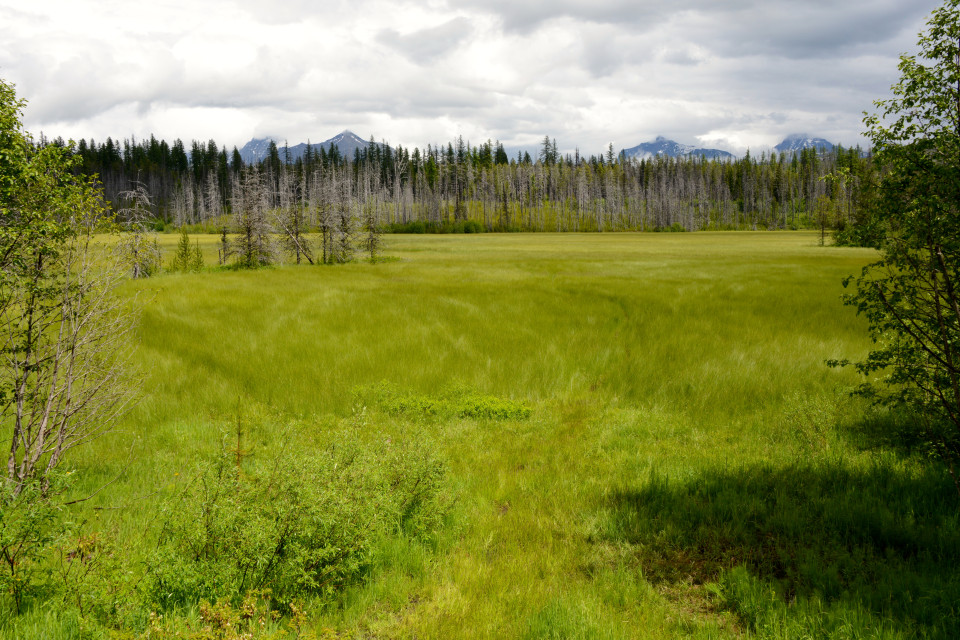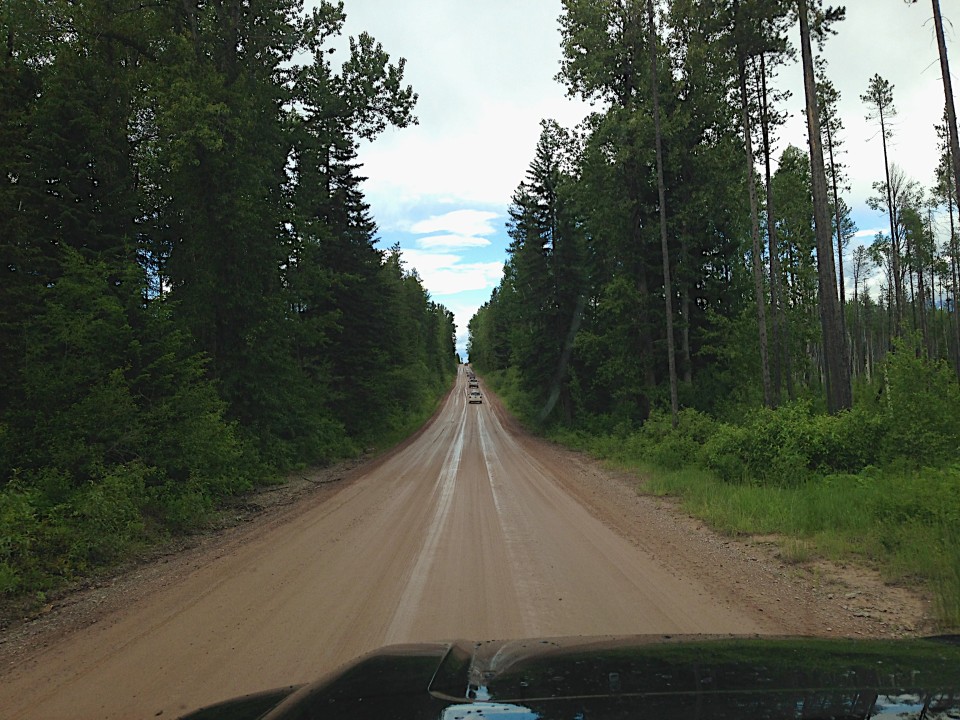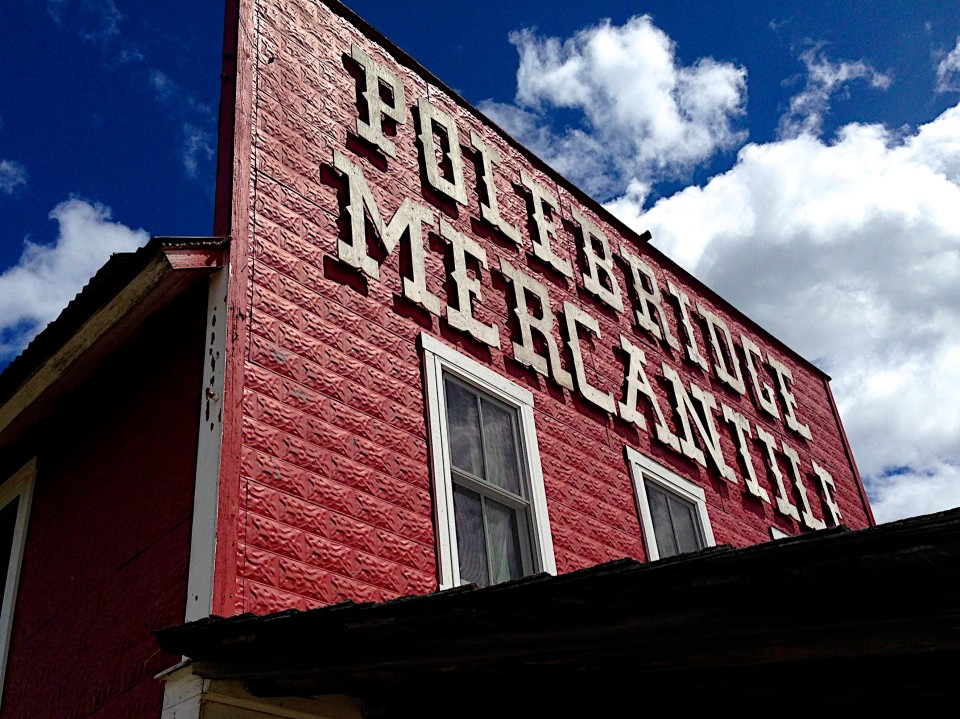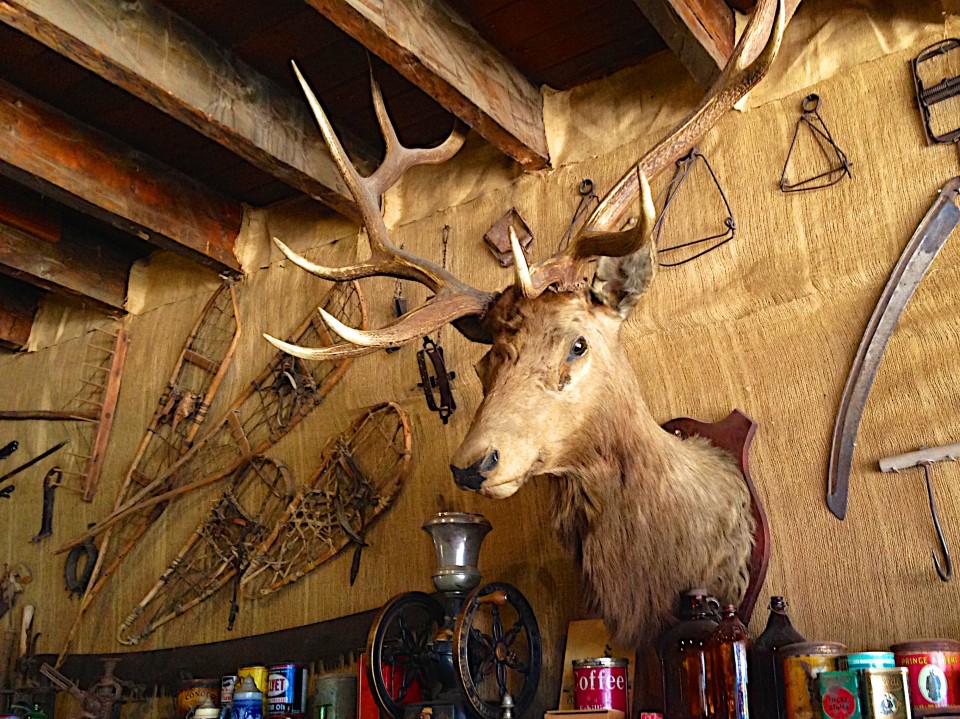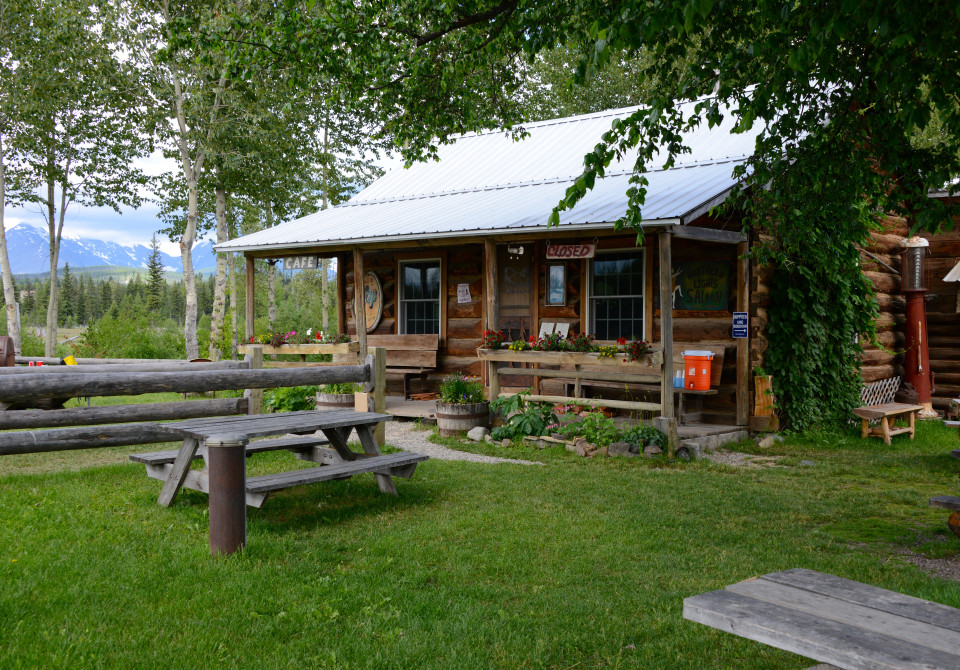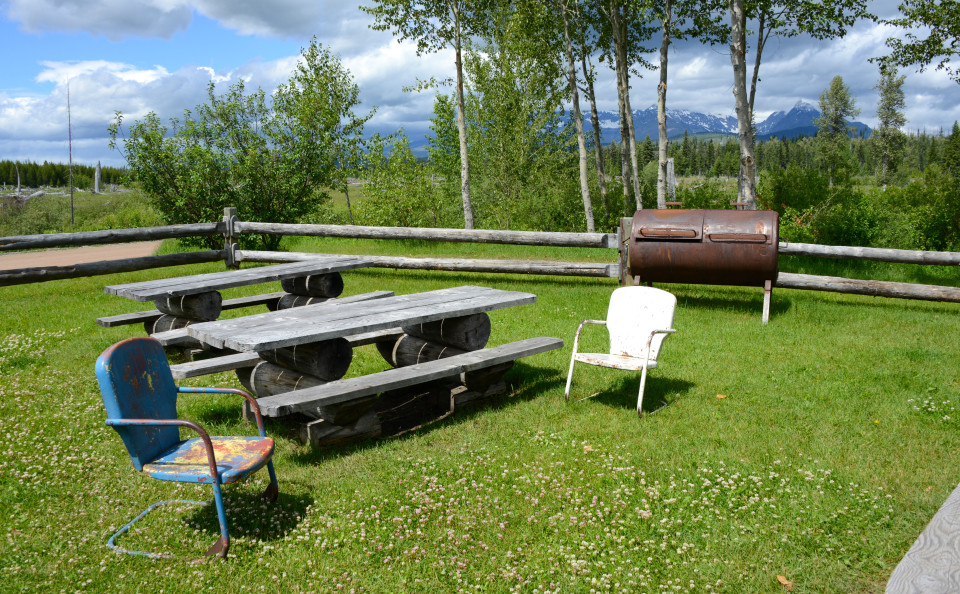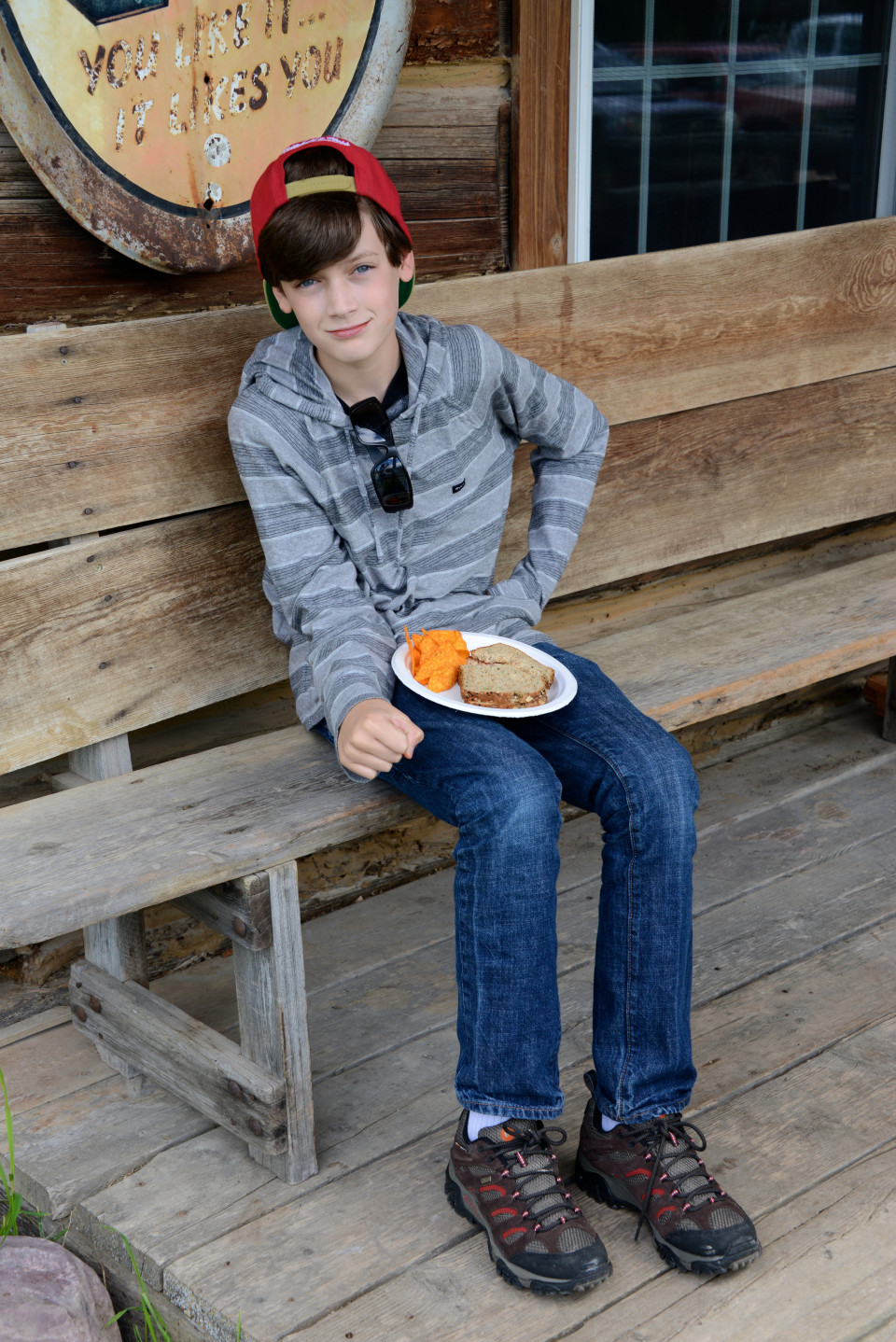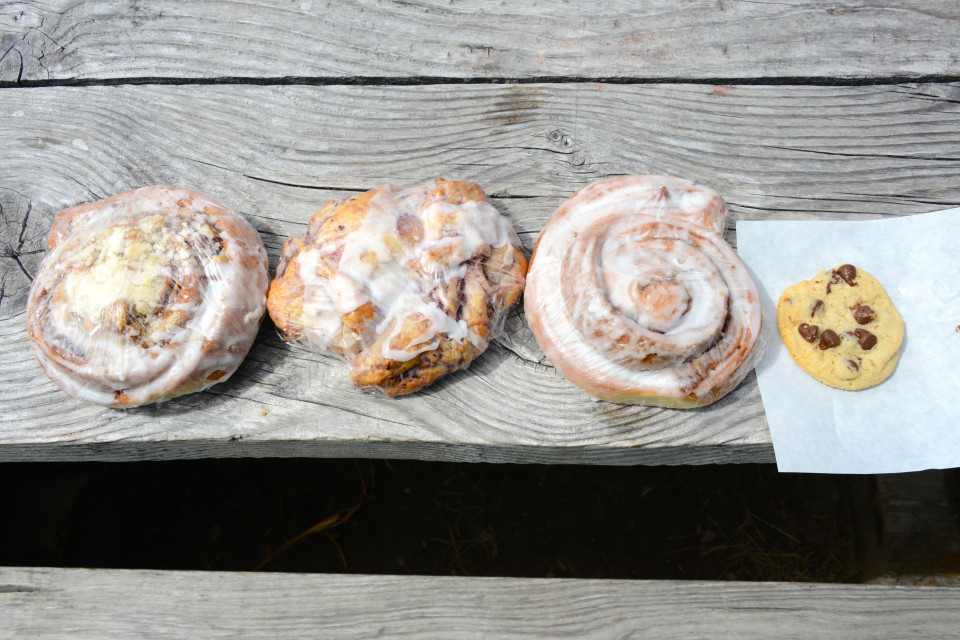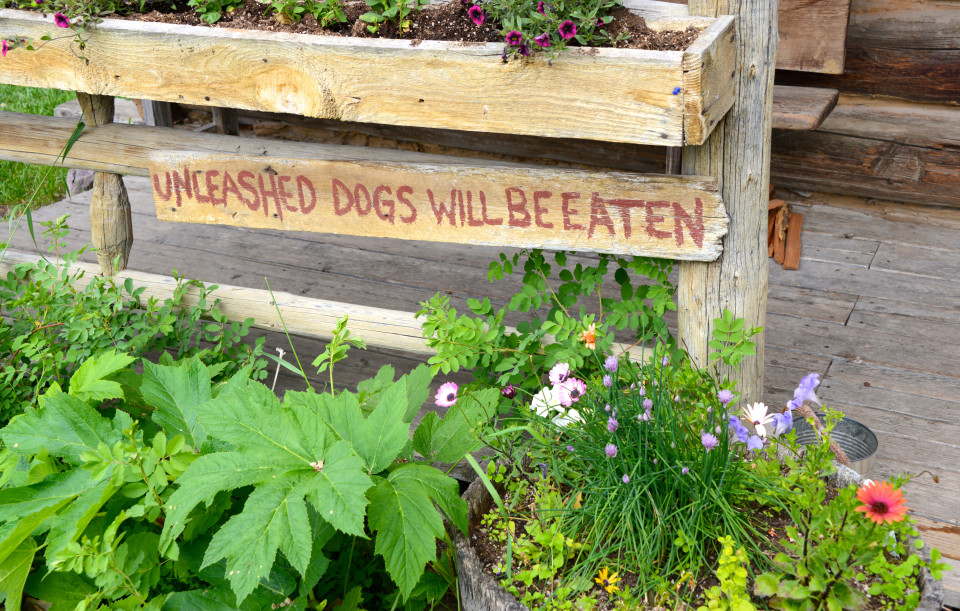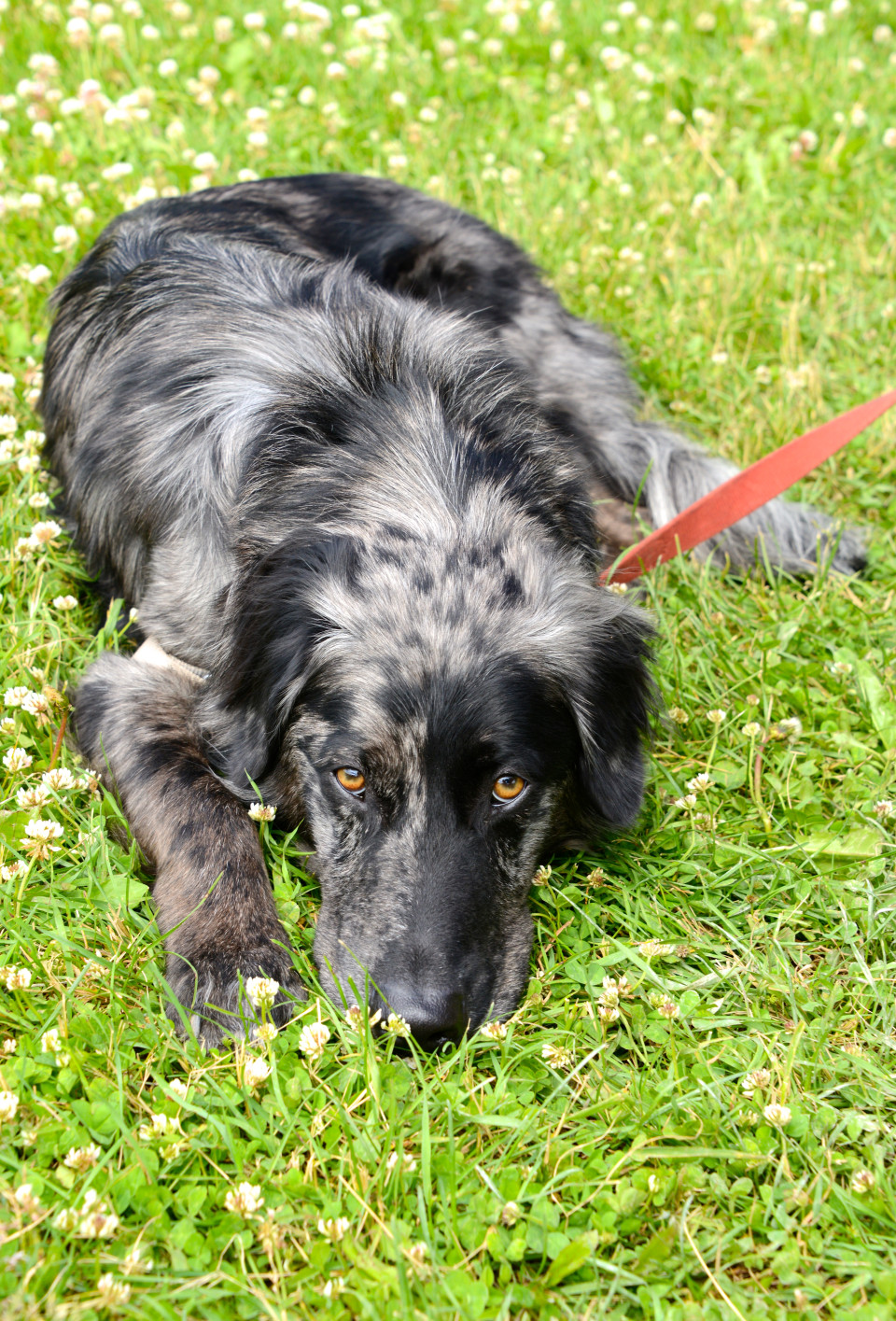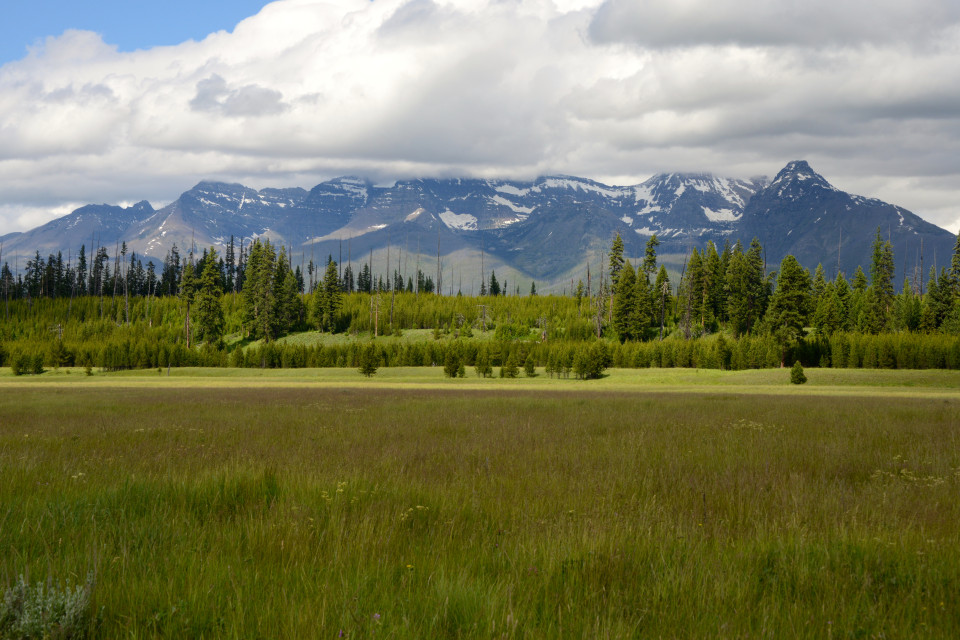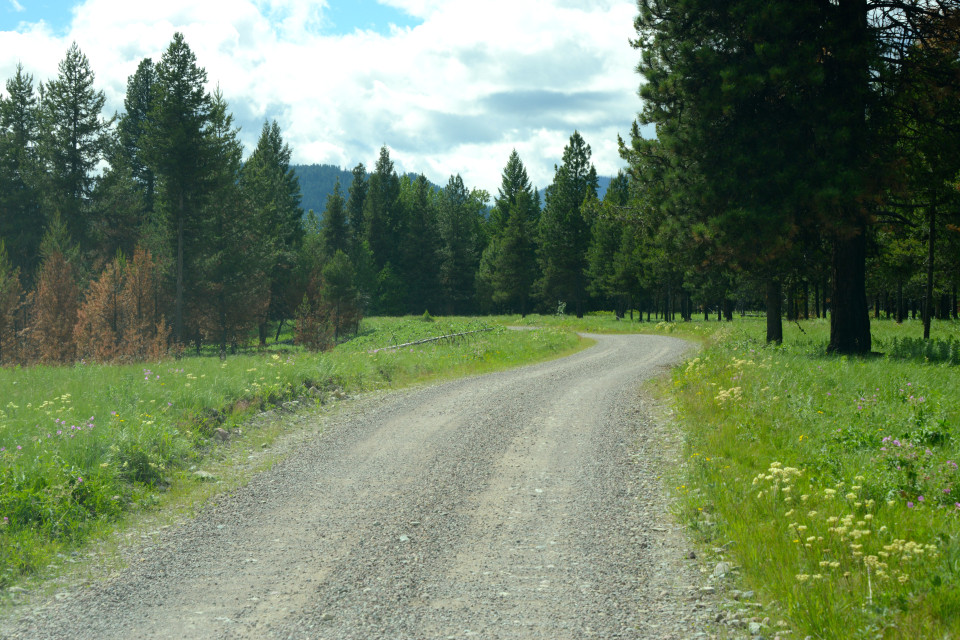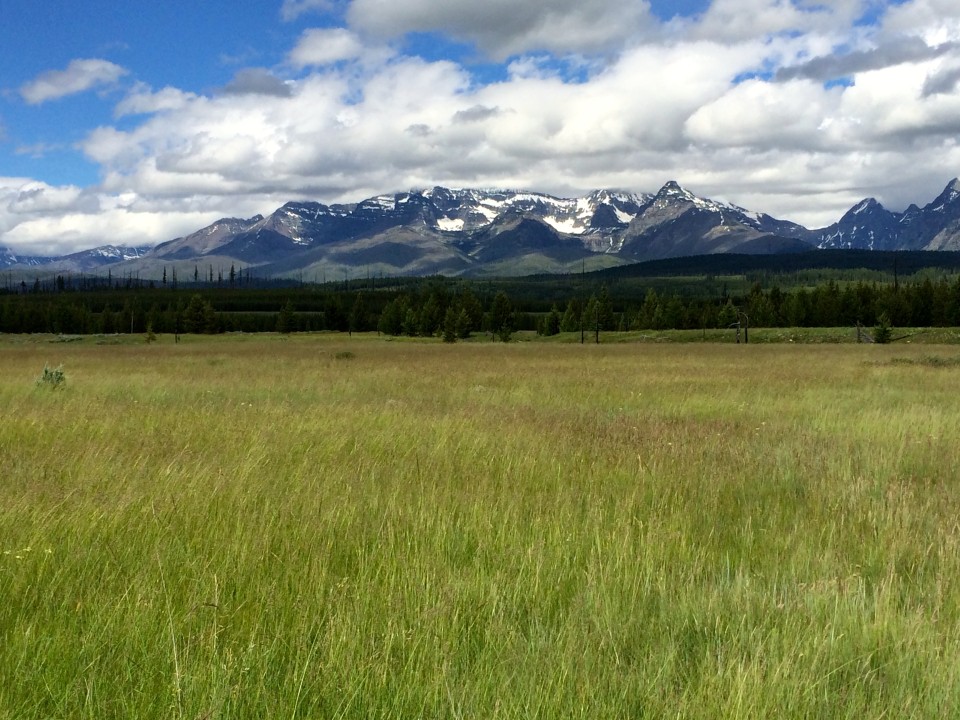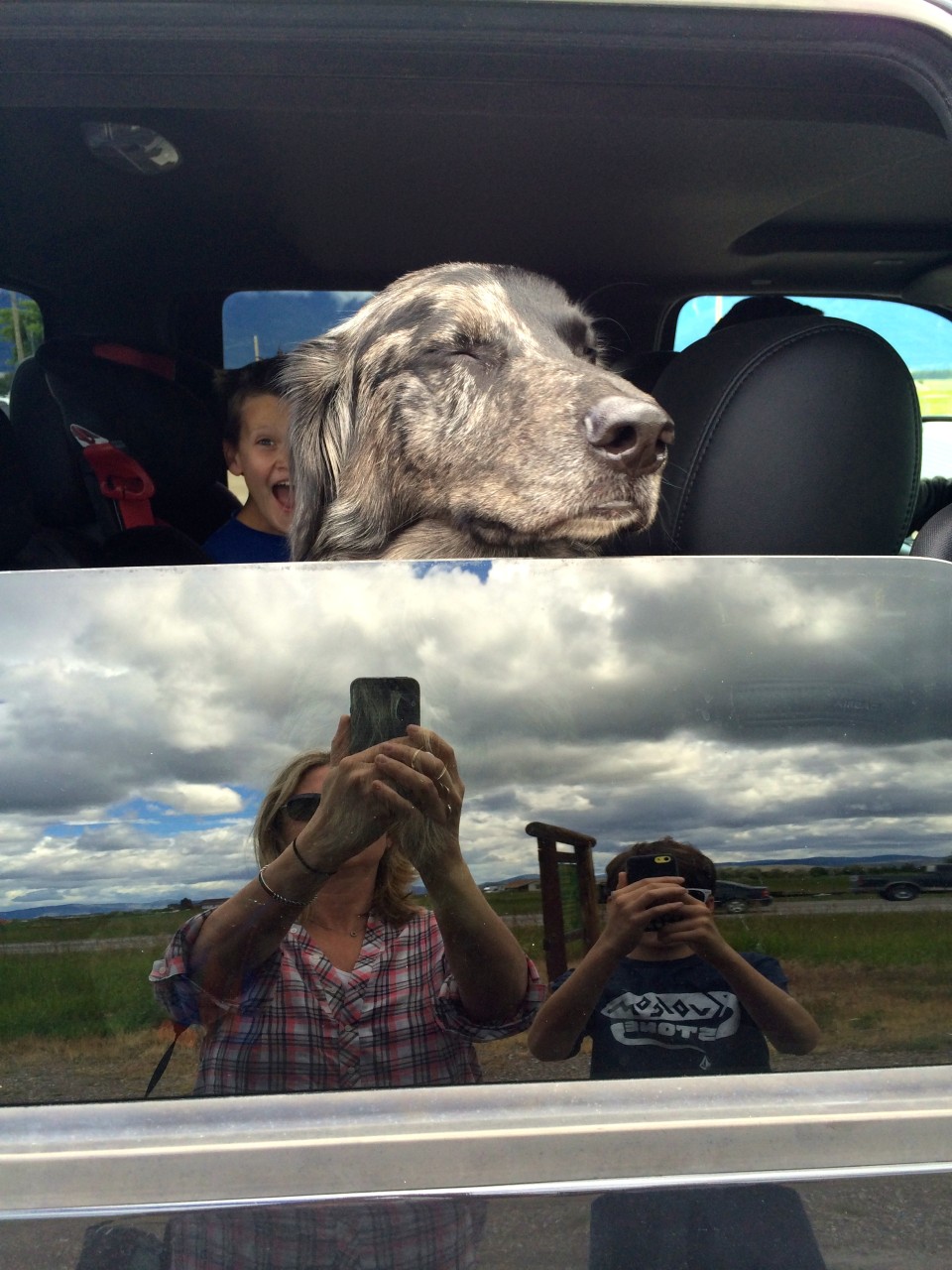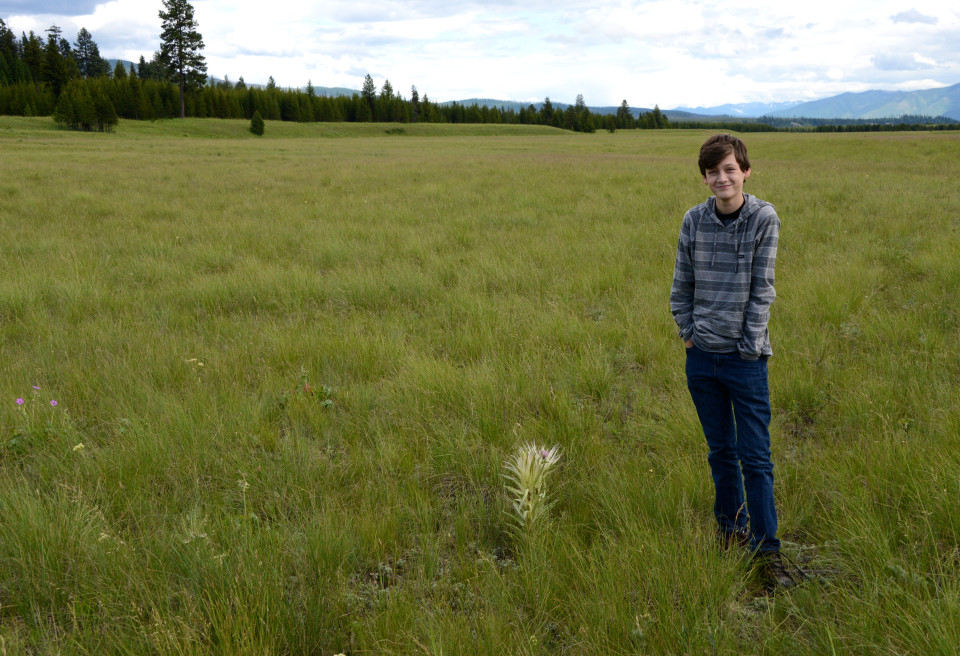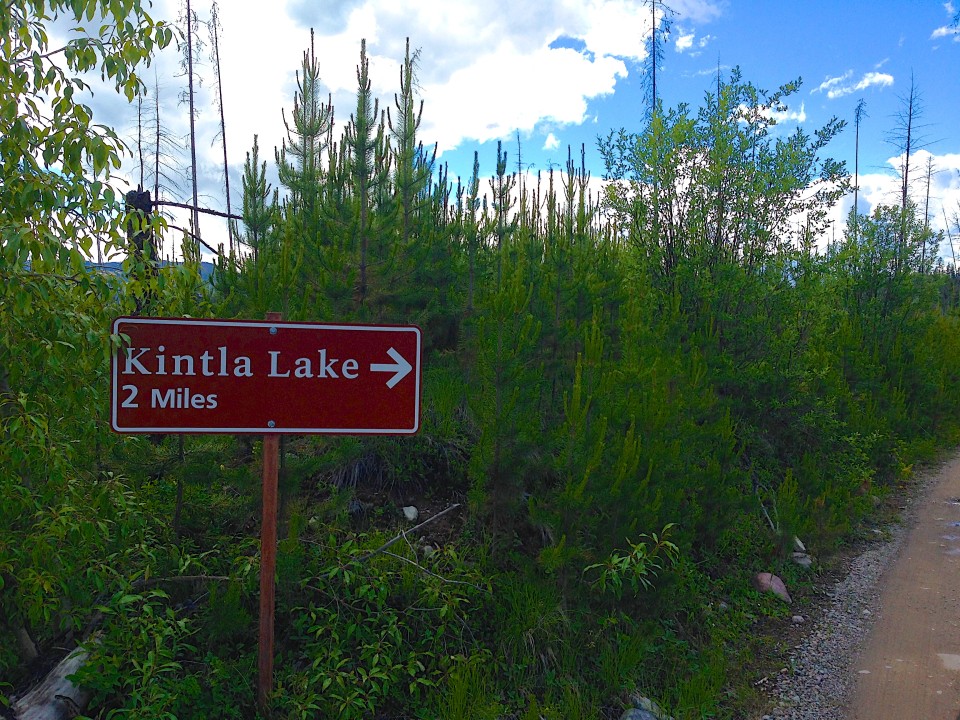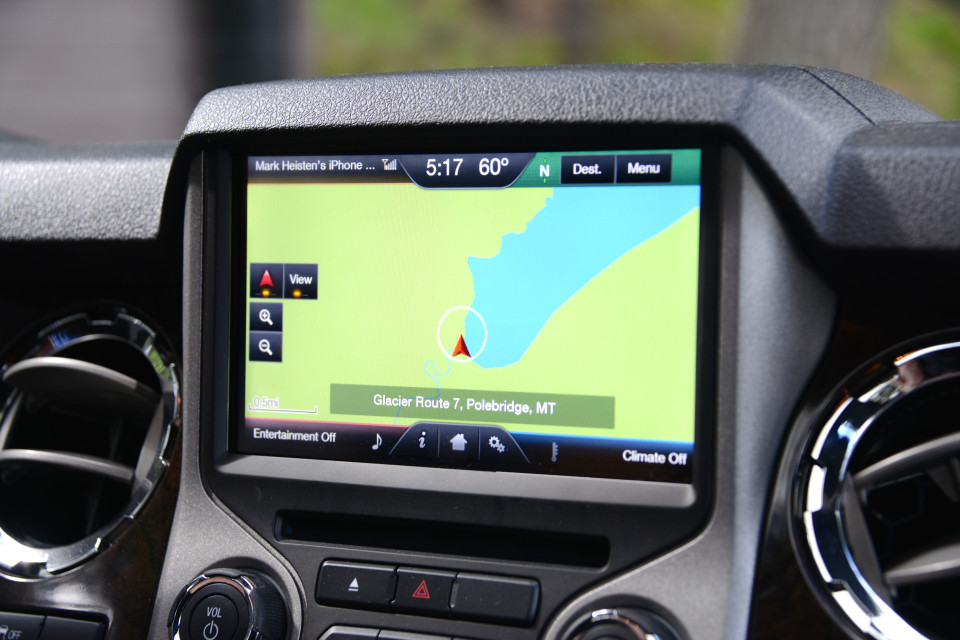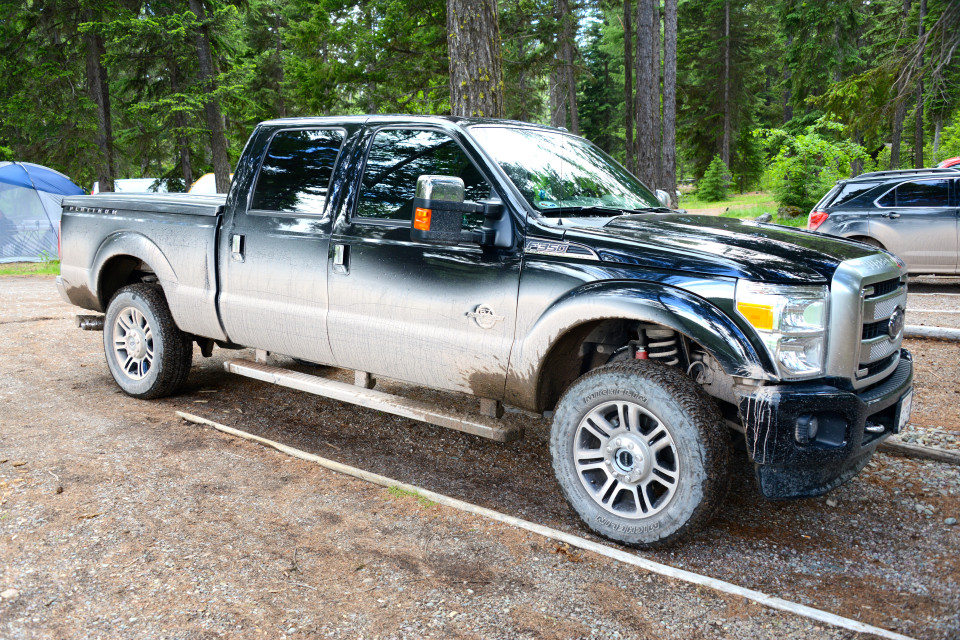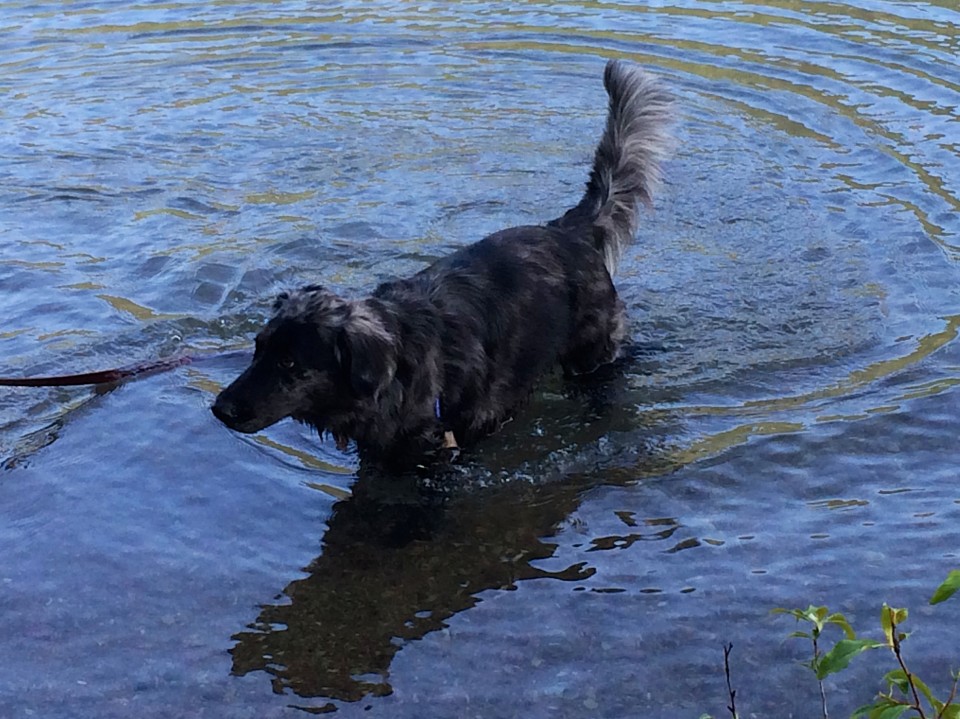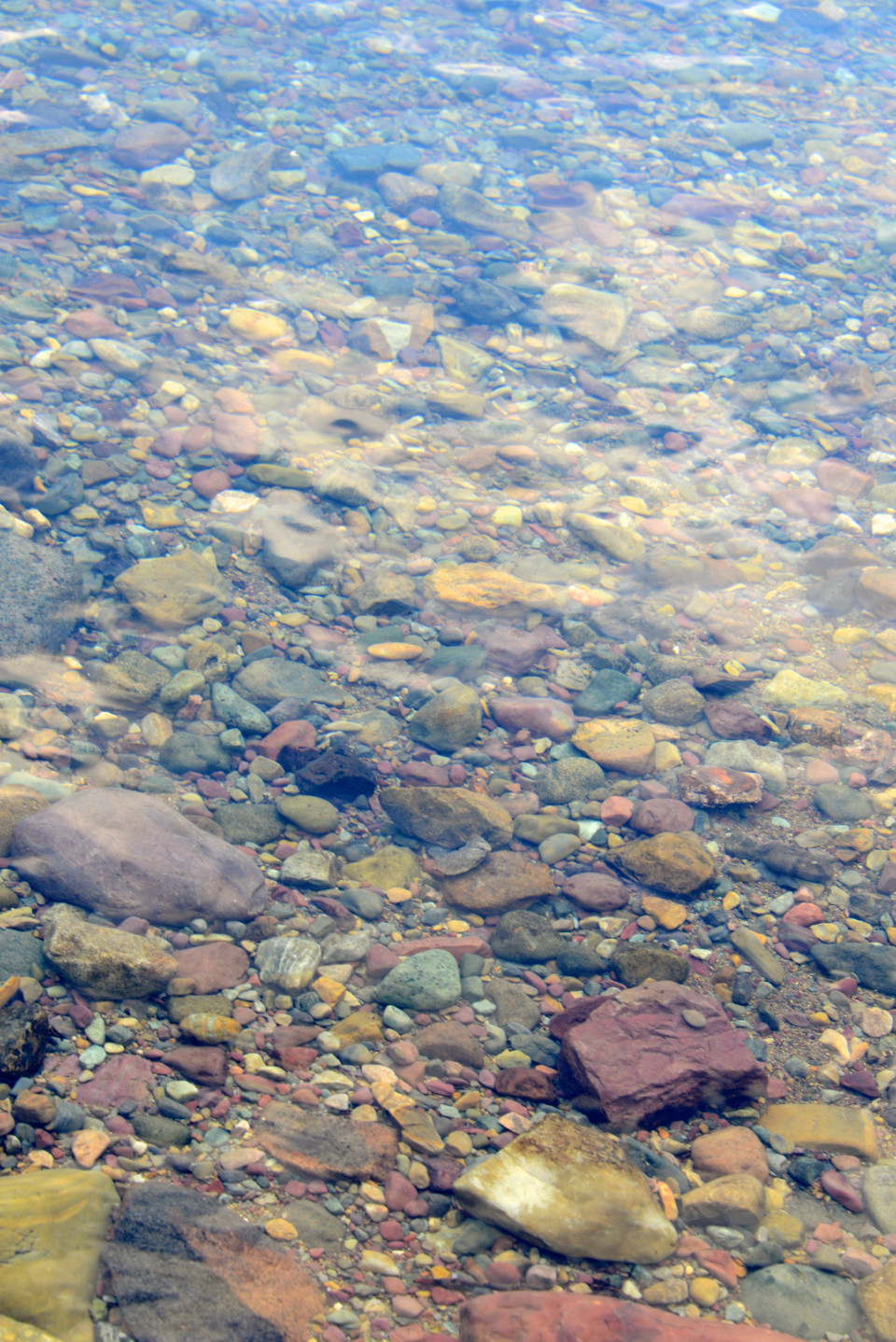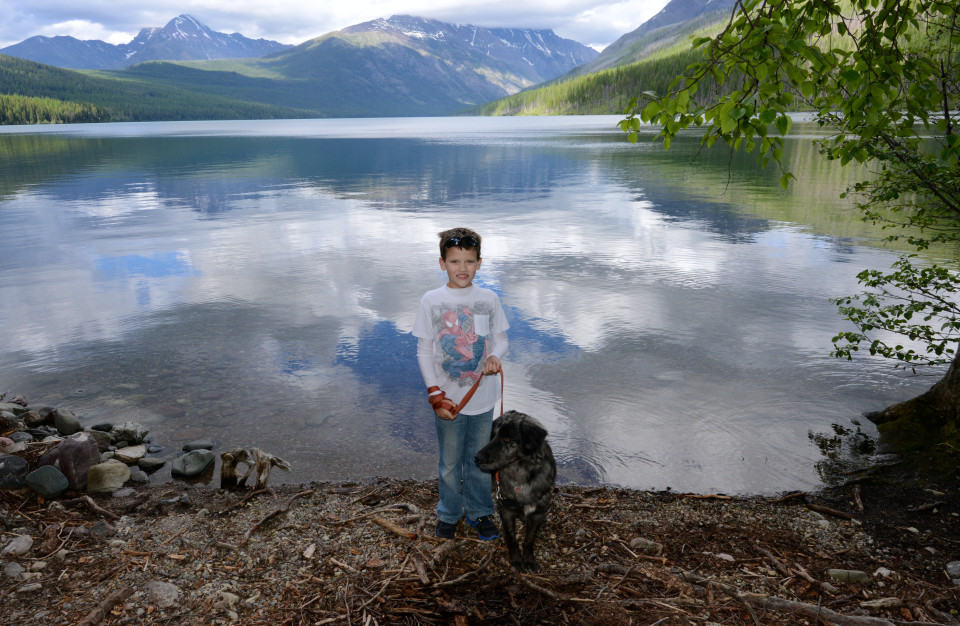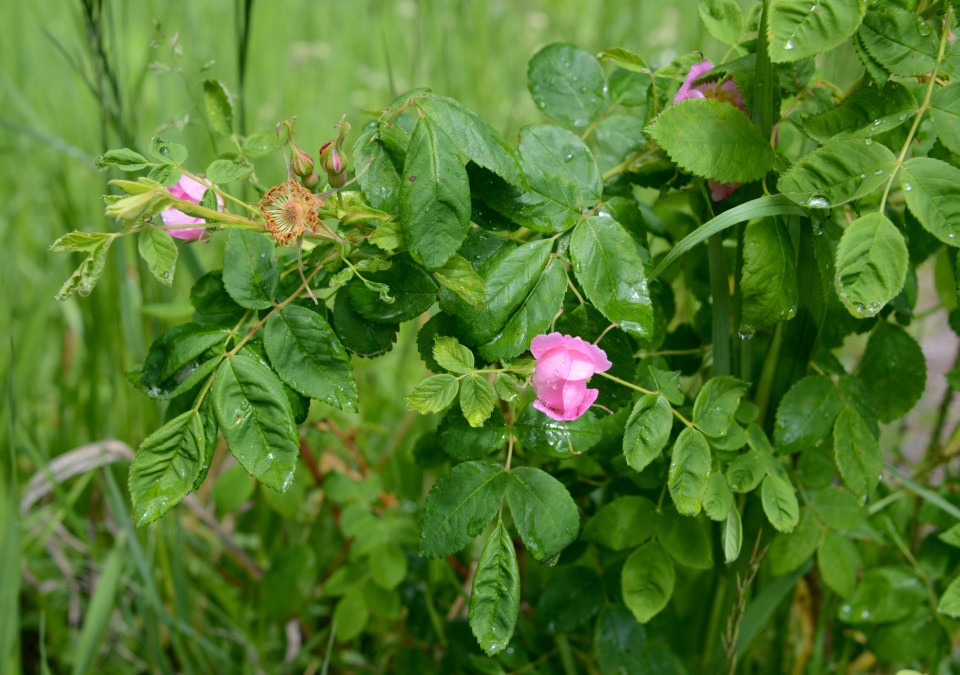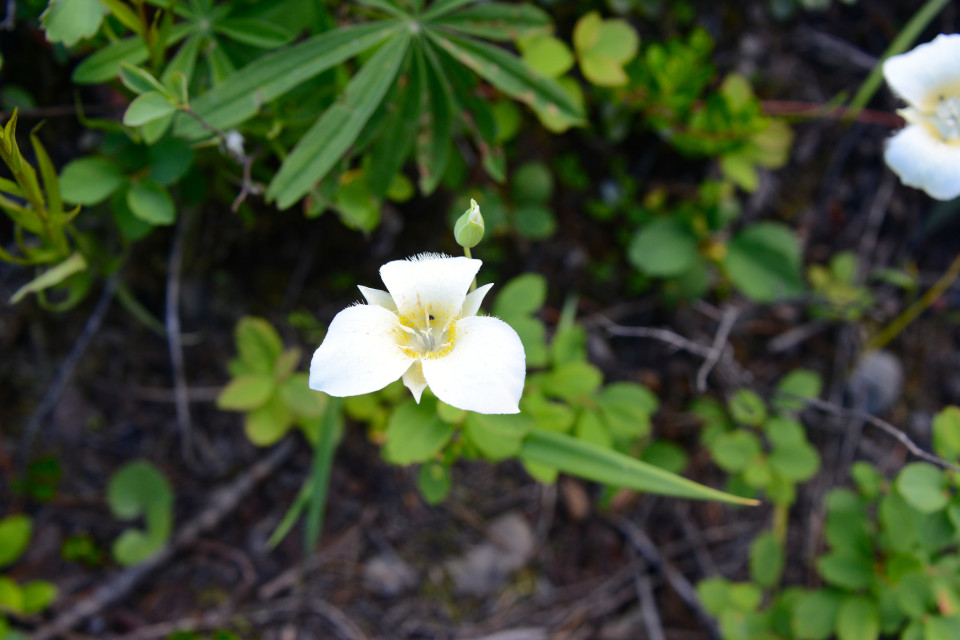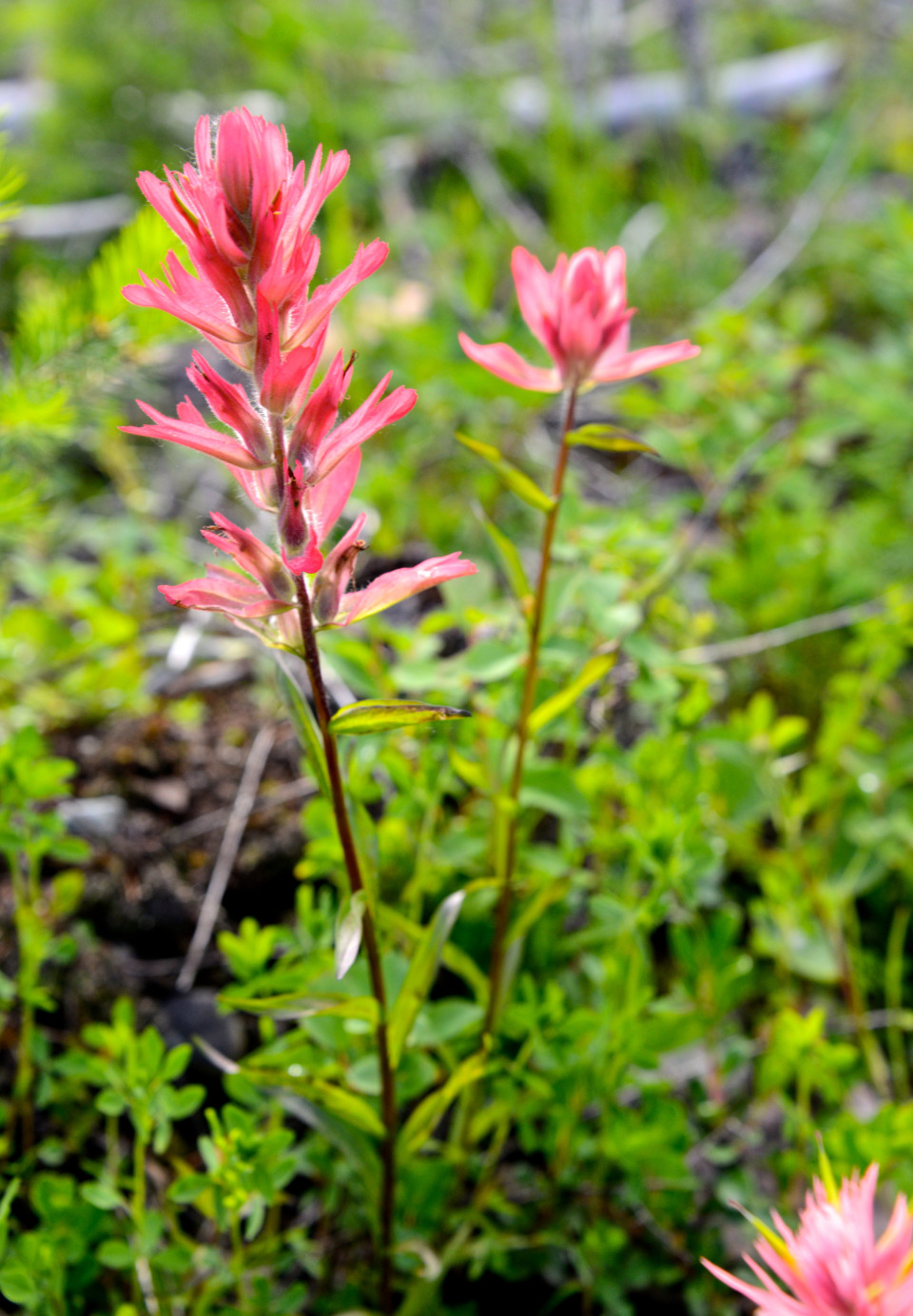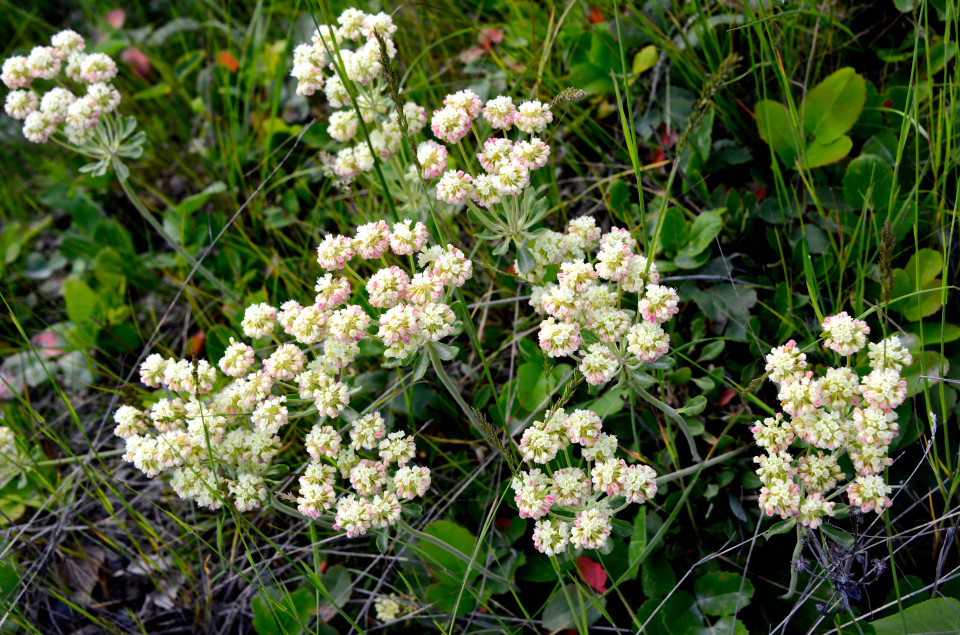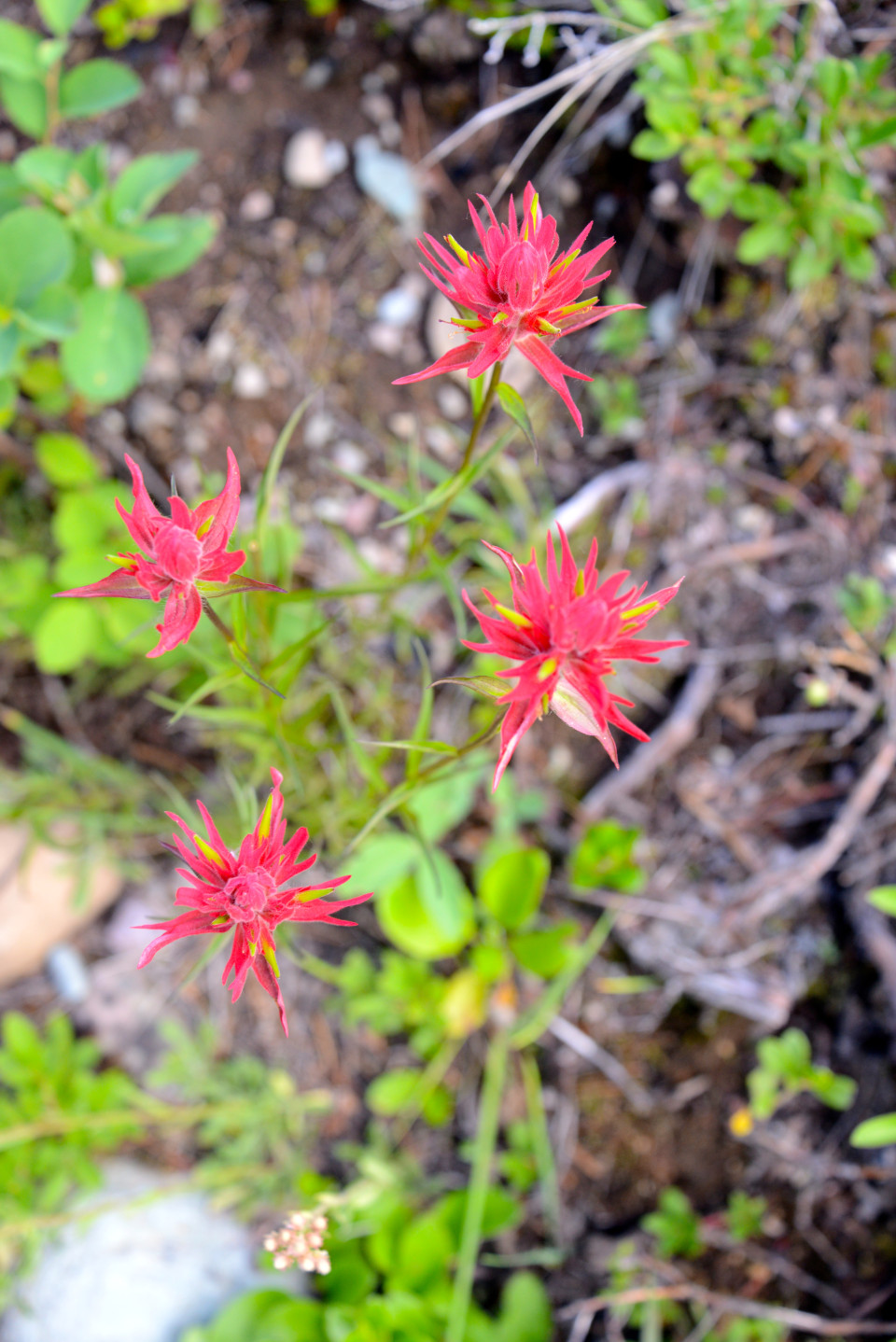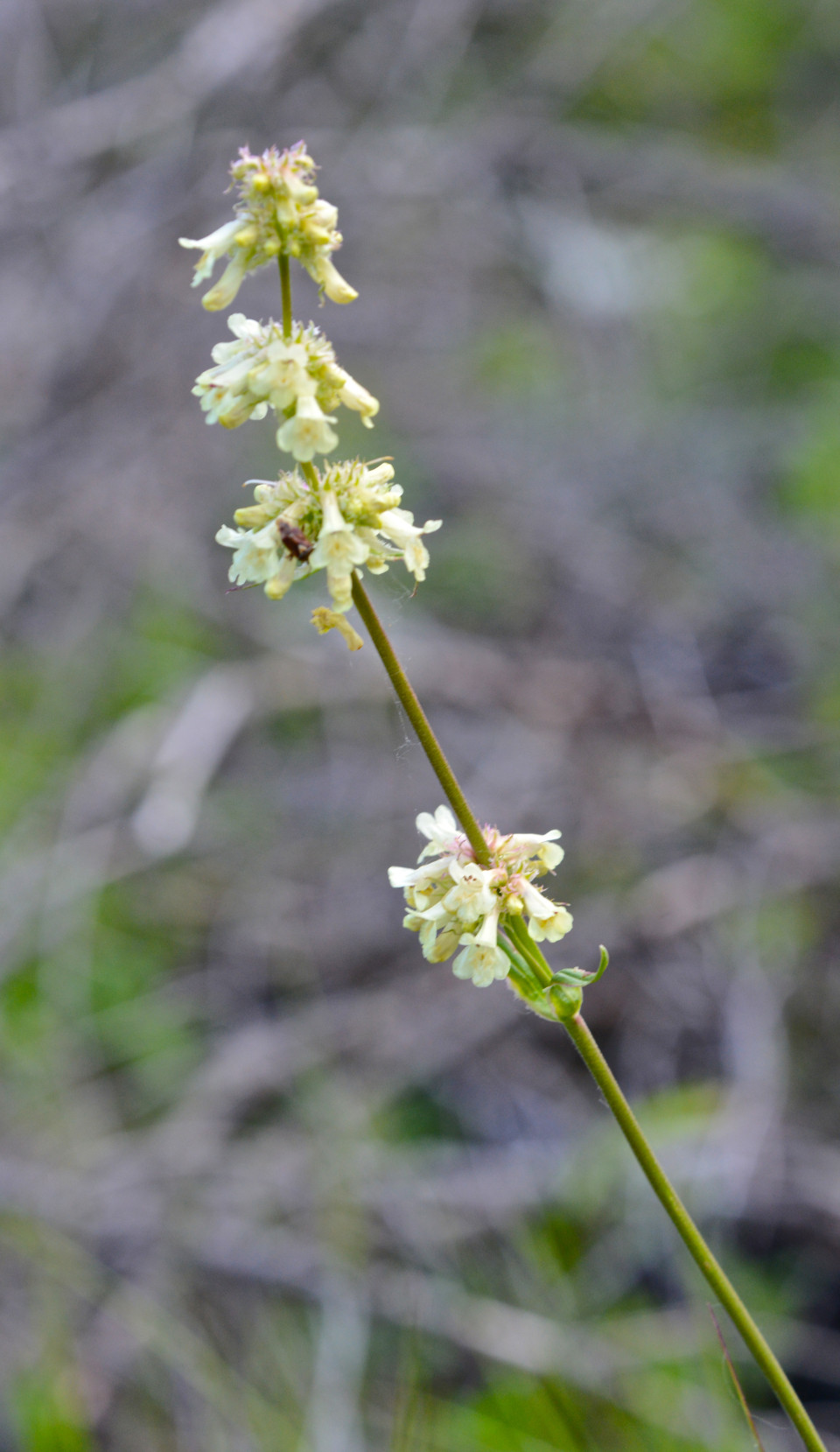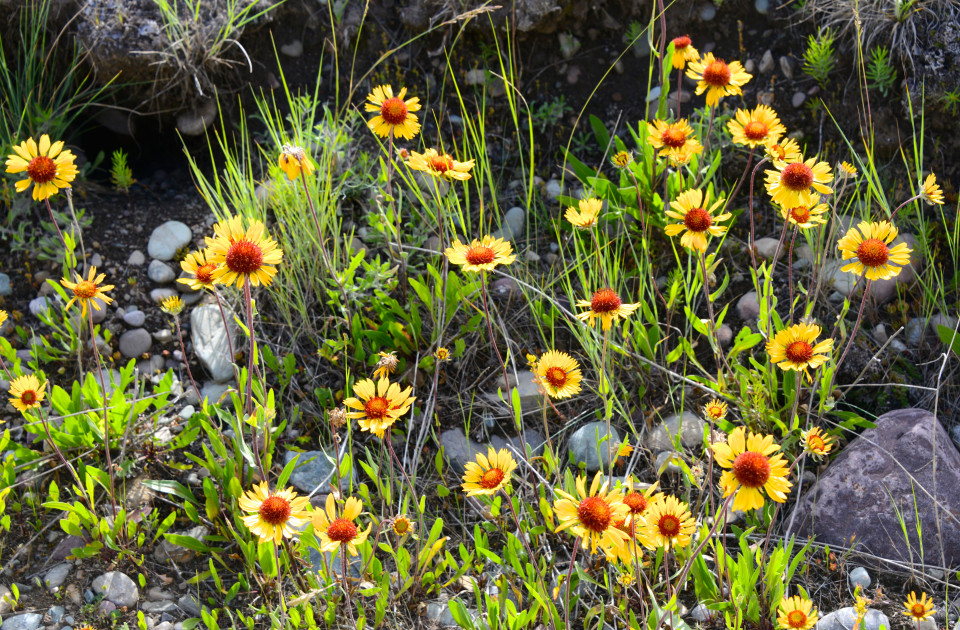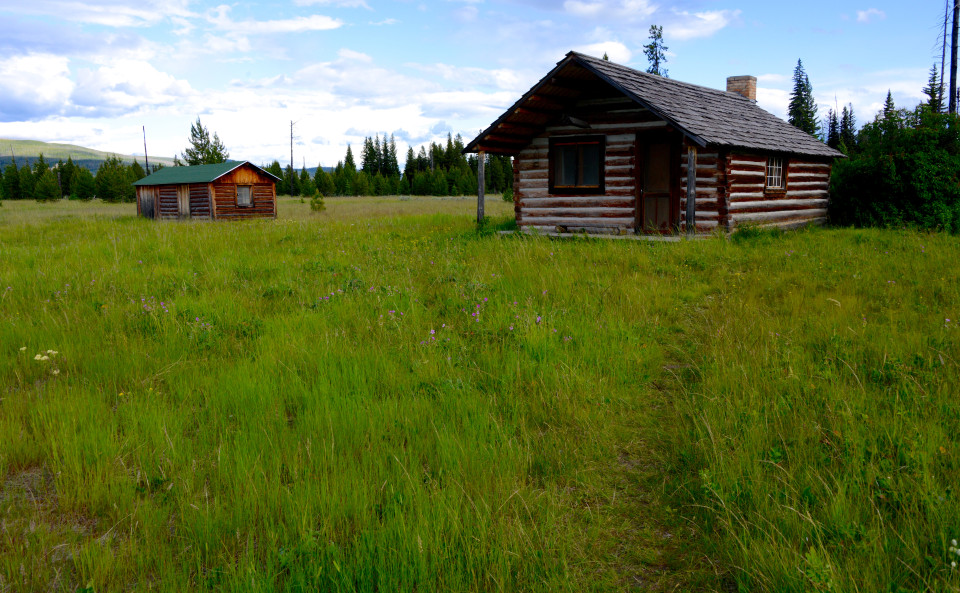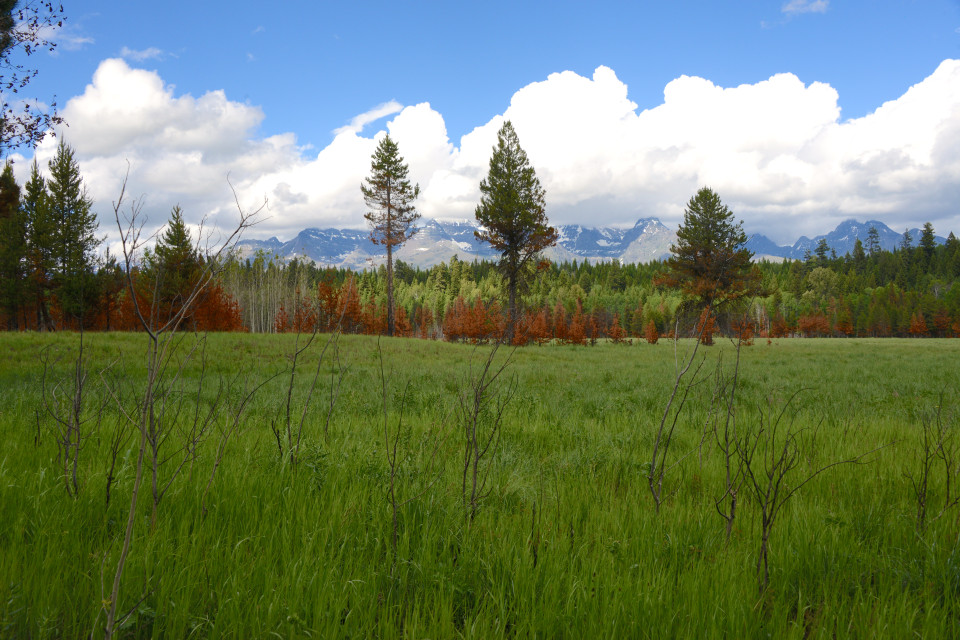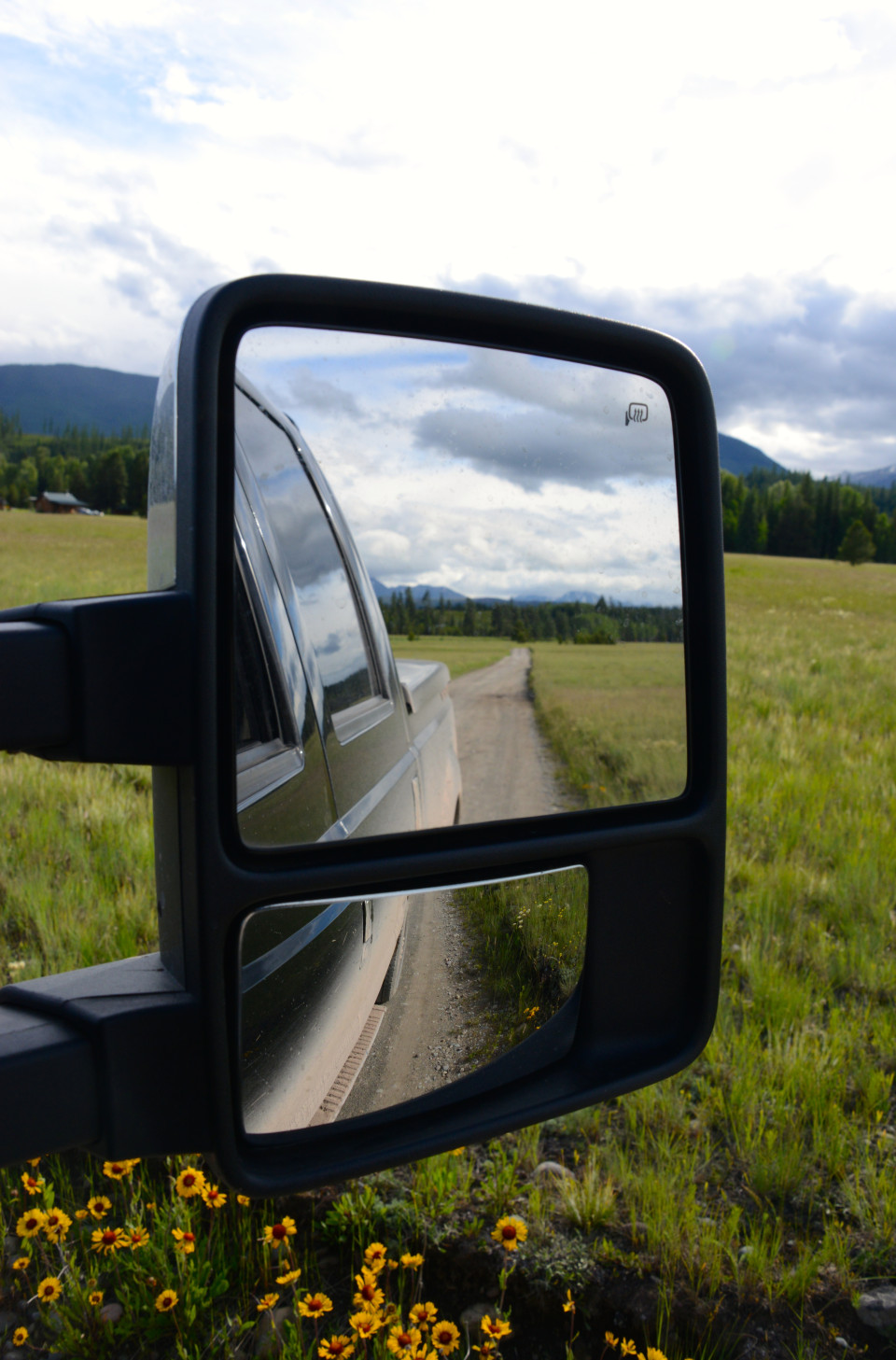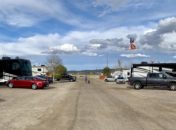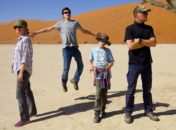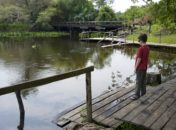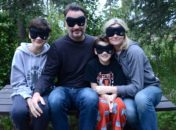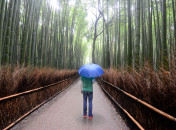The rain continued through the night and kept the coach downright cold. After our experience in Collier – where the heat pump auto-switched over to the not-yet-broken-in furnace and filled our trailer with smoke, setting off the piercing alarms at 3:00a – we decided to rely on good old fashioned down and cotton to keep us warm. Besides that, we were dry camping so trying to keep energy and resource consumption (electricity, propane and water) to a minimum. So, the equation works like this: late night + cold outside + warm under covers + no one waiting for us anywhere = sleeping until 11:00a, which we did …all of us. The inside temperature of the coach was 53 degrees when I finally got up to brew a cup of coffee in my camping-favorite Bialetti Moka Express 6-cup. We like sleeping in cold, covers wrapped around our heads, so it was the best sleep of the trip so far.
The boys needed to shower and an unfortunate but motivating dare about wearing “your underwear on your head across the campground to the showers” was made. And kept.
The rumor going around the park was that the “Going-to-the-Sun Road,” (one of the most scenic drives in America) which had yet to open due to unusually late snowstorms and washouts, might be navigable soon. So we loaded up in the truck to see how far we could get. The rain was heavy – big mountain rain drops splattered the windshield and made seeing difficult even with the wiper blades on high. The road followed the eastern edge of Lake McDonald, opposite our campsite for about 12 miles of mostly flat driving. Then finally, the rain slowed and we were getting excited as the road started to rise, but unfortunately the GttSR was closed at Avalanche Creek. Bummer.
It was too wet to hike, and all the bear warnings made us skittish to traipse up a narrow track through the woods in conditions that made it difficult to see or hear a bear. But we didn’t want to sit in the coach all day, and we’d already packed lunch. So we found the Kintla Lake Campground in the far upper northwest corner of the park map, reached only by dirt road and recommended for 4x4s only. The idea was to have our picnic at the edge of the lake, a mere five miles from the Canadian border.
The North Fork Roads (there are an Inner and an Outer) also had several stretches that were washed out and in the process of repair. So we braided our way, back and forth, inside and outside the Park boundary for nearly an hour of bumpy, bouncy, kidney-jarring driving before reaching a little outpost called Polebridge. The town is economically anchored by the Polebridge Mercantile, which ran a solid backwoods general store and pastry shop. If that had been our destination, it would have been worth it. We stopped for our lunch as there was a break in the rain. Polebridge sits in a broad valley, looking west toward a high bluff with a few private and very large residences. It was an unexpected stop and a wonderful find. For dessert, the boys stepped into the Mercantile to select something for each of them and a little something for mom … a very little something, as was noted by mom.
There was a short debate on whether to continue, but we’d come this far and it was only 12 more miles to Kintla. But the road got worse – single track, rutted and overgrown. The ranger at the Polebridge Station seemed surprised that we were going to Kintla, given that it was 5:00p and we were an hour (minimum, he said) from the lake. Still, we continued half hoping to see a moose or bear as we crossed meadows and cut through pine groves and aspens. We saw lots of deer and even more mosquitoes – apparently there are 50 species of mosquitoes in Montana. My truck continued to be put to the test as the potholes turned to mudholes.
We arrived at the terminus of the road at 6:30p and discovered a thriving community of hard-core frontcountry (essentially car camping) folks at the Kintla Campground. We had expected it to be empty but it looked like every site was taken. The services were almost nil – a pit toilet and hand pump for water. We let Timber stretch his legs and pull a little fresh mountain water out of the lake. The view of the lake and surrounding mountains was incredible.
By comparison, the drive back was easy now that I knew where we were going (and which potholes to avoid … well, most of them). So Angela took time to capture the beauty of the wildflowers and some of the original homesteads.
Back at camp, we set up a fire and sat out in the cold, wet mountain air for as long as we could.

